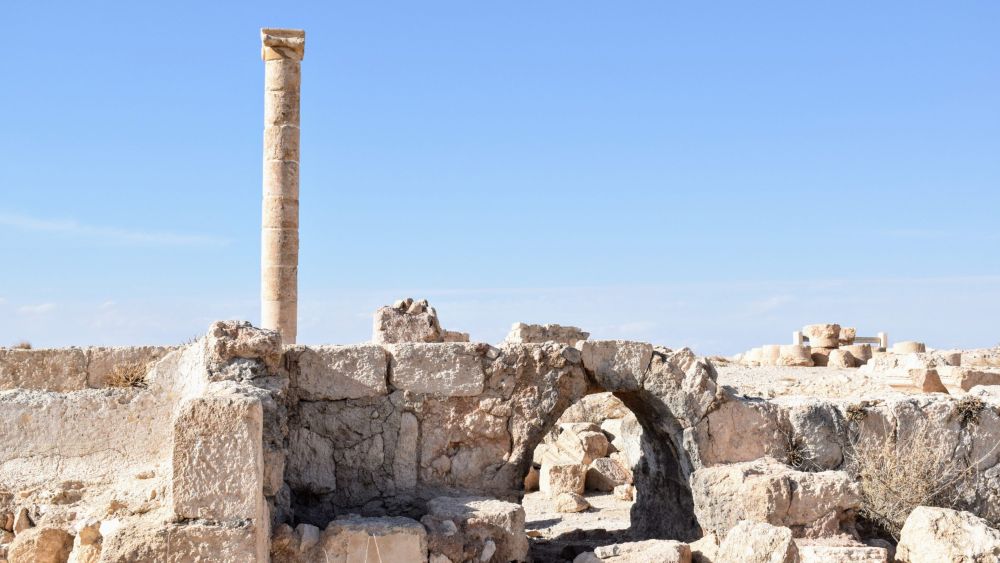

Mukawir, also known as Machaerus, is an ancient hilltop fortress located in the region of Karak in Jordan. It boasts a rich and tumultuous history that dates back to the first century BCE. This historical gem is famously known as the site where John the Baptist was imprisoned and beheaded at the behest of Herod Antipas, making it a site of significant biblical interest.
The fortress was originally built by the Hasmonean king, Alexander Jannaeus, in approximately 90 BCE. Later, Herod the Great fortified Mukawir further, making it one of the strongest citadels in the region. After Herod's death, his son, Herod Antipas, inherited the site, which played a role in the New Testament narrative concerning John the Baptist.
For centuries, the ruins of Mukawir remained untouched, visited only by the most intrepid explorers and scholars. However, as interest in biblical and historical sites grew over the years, Mukawir gained attention from the global community. In the 20th century, archaeological excavations began to uncover the layers of history buried within the fortress.
Its inclusion on the map for Christian pilgrims visiting the Holy Land and other religious sites in Jordan, such as Mount Nebo and Bethany Beyond the Jordan, has cemented its status as a place of pilgrimage.
The Jordanian government, recognizing the potential for tourism, has supported the promotion of Mukawir as a cultural and historical destination. Efforts by the Department of Antiquities and the Jordan Tourism Board have helped maintain the site and provide information to visitors.
Today, visitors to Mukawir can take in panoramic views of the Dead Sea and the surrounding landscape. The site's rustic and untouched nature allows for a truly reflective experience. The climb to the top is rewarded with the breathtaking vistas and the sense of history that pervades the atmosphere.
In recent years, tourism trends in Jordan have shifted toward sustainable and experiential travel. Visitors to Mukawir can enjoy eco-friendly tours and cultural experiences with local communities. This includes explorations into the traditional Bedouin lifestyle, which provides a deeper understanding and appreciation for the region's heritage.
With the global pandemic's impact, Jordan, like many countries, saw a temporary decline in tourism. However, with safety measures in place and the allure of open-air, less crowded destinations, sites like Mukawir have witnessed a resurgence from tourists seeking off-the-beaten-path experiences and an escape into history and nature.
Mukawir represents not only a journey through the past but also a window into the evolving nature of tourism, where history, culture, and breathtaking landscapes come together to offer a unique and enriching experience for all who visit.
For those planning a visit, Mukawir is located approximately an hour's drive from the capital city of Amman and is often included in tour itineraries along with the ancient city of Petra, Wadi Rum, and other notable Jordanian landmarks. It remains an essential stop for those interested in the historical and religious underpinnings of the region.